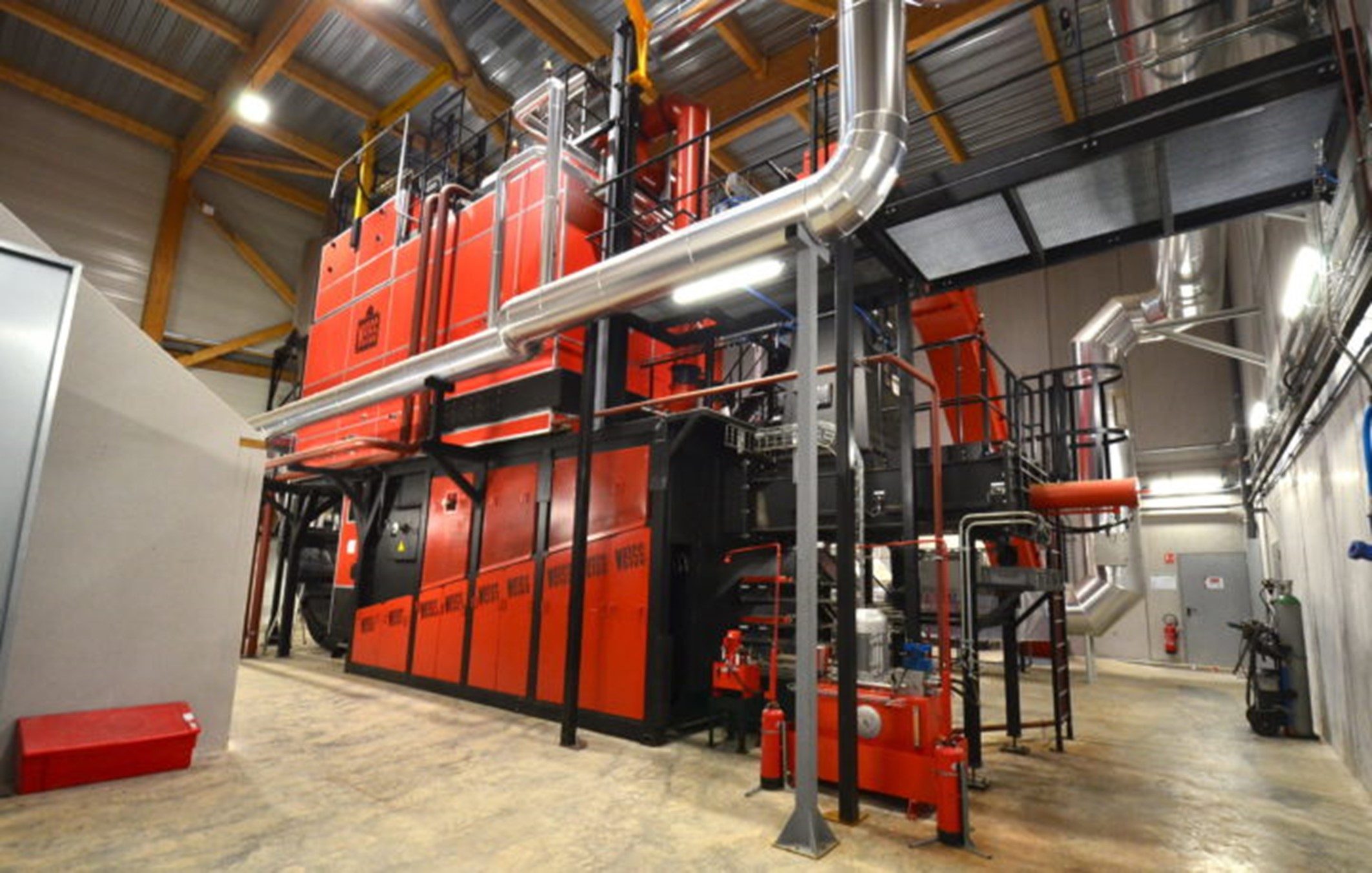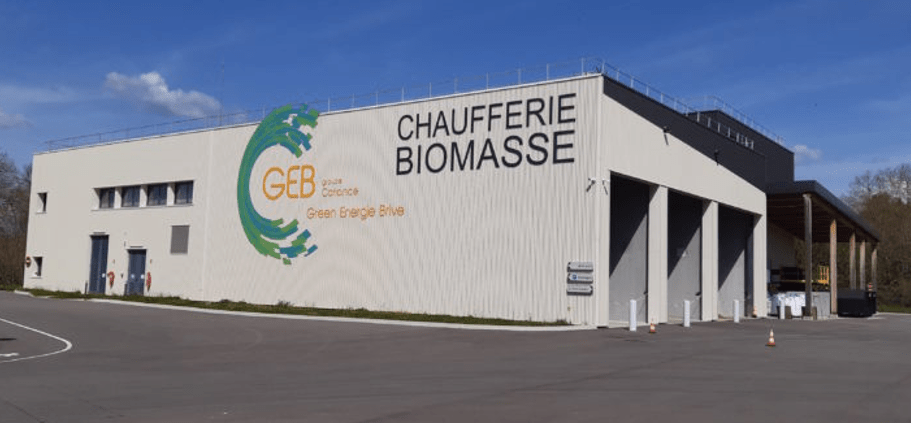City of Brive-la-Gaillarde
The client’s objectives and expectations
Study the feasibility of implementing a wood-based district heating network, then support the city in its implementation and the monitoring of the public service.
Our main missions
We carried out a comprehensive approach to assess and implement the techno-economic feasibility of a wood-fired boiler plant combined with a district heating network, aimed at supplying several buildings in the city of Brive-la-Gaillarde.
- 2015: Conducted an in-depth feasibility study.
- 2016–2017: Support to the local authority in the public service delegation (PSD) procedure.
- 2018–2020: Monitoring of the construction works for the boiler plant and the district heating network.
- 2021–2024: Ongoing support to the local authority and the delegatee (Coriance) for:
- The ramp-up of the network with the gradual connection of new users.
- Monitoring and oversight of the public service delegation, including the signing of several amendments.
- The ramp-up of the network with the gradual connection of new users.
Our involvement illustrates our expertise in developing sustainable energy solutions and supporting local authorities through every stage of their projects.
Project specifications
- 28 GWh of energy delivered (2030 target – 55 GWh),
- 23 km of network,
- 105 connected substations, including 28 private houses,
- 6.4 MW wood + 14 MW EfW (Energy from Waste) + 17 MW gas backup/emergency.

Results obtained
Benefits of the wood-fired boiler plant and district heating network project
Sustainable valorization of wood resources: Use of approximately 4,500 tons of wood from the local forest-wood sector, including treetops unsuitable for timber, sawmill by-products, and PEFC/FSC-certified wood.
Renewable and recovered energy coverage rate above 90%: Energy predominantly from renewable and recovered sources, a guarantee of sustainability.
Creation of local jobs: Development of non-relocatable jobs in the wood sector, boiler plant operation, and substations.
Reduction in energy costs: Significant decrease in heating bills for public and private buildings connected to the network.
Strengthening energy independence: Reduction in reliance on imported fossil gas, a key step toward energy autonomy.
Carbon footprint reduction: Approximately 10,000 tons of CO2 avoided each year, contributing to the fight against climate change.
The implementation of this project presented significant challenges, notably due to the context of very low natural gas prices, making its construction particularly complex. Despite an initially slow ramp-up of connections, the project experienced a clear acceleration in 2023. This progress was made possi ble by the signing of a key amendment, allowing for the strategic redeployment of the network and the adjustment of the energy mix to meet the needs of the area. We had the great pleasure of working with fully committed teams who appreciated the work accomplished, which contributed to the success of the project.
Marc M., Project Manager at Best Energies
